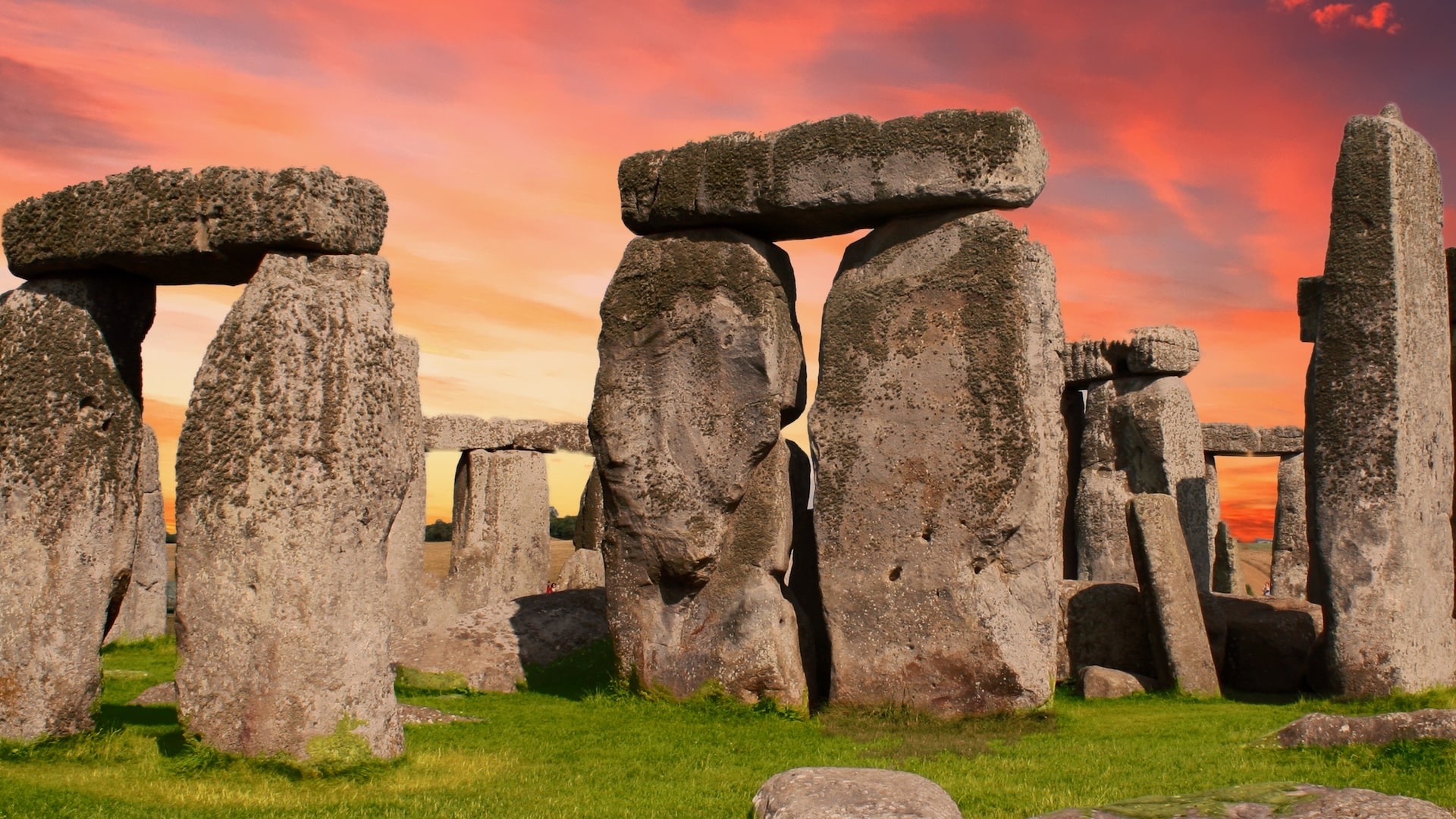I write many of these posts on my handheld device. It is a powerful machine. The processing capability grows with each new release as does the storage capacity capturing and keeping huge amounts of information.
These devices are a marvel of technology and they have dramatically changed the world in the past decade, putting massive computing potential in everyone’s pocket.
For several hundred years before the digital storehouses that are instantaneously accessible by Google, information was stored in books, and books in libraries. Knowledge was available for the literate and dedicated seeker.
However, cultures around the world have been storing massive amounts of information long before the written language, paper, scrolls, books, servers, Google searches and digital handheld devices.
I’m well aware of the power of storytelling and how a complex and beautiful worldview can be preserved, maintained and enhanced over vast periods of time. And yet, I’ve personally witnessed how devastating the disruption can be and how huge volumes of information can be lost in just one or two generations.
Despite this awareness, I’ve had a very limited understanding of how ancient collections of wisdom were gathered and memorized for accurate transmission from one generation to the next.
Ancient methods of remembering
Sean Carroll’s Mindscape podcast, that I introduced here recently, featured an important interview with Lynne Kelley. Kelley has expertise in a variety of fields, one of which is memory. Her work has helped unlock how millennia of learning was captured, managed and shared in diverse cultures and in every corner of the Earth.
It turns out the handheld device I’m writing this on is just one iteration of many ingenious tools that humans have developed to help us keep our memories straight.
Whether it’s the African Lukasa, Greek “Method of Loci,” otherwise known as the memory palaces of Cicero, Australian Aboriginal songlines, or even maybe the Stonehenge, Indigenous cultures innovated remarkable methods of maintaining and sharing the information of their ancestors.
Carroll’s conversation with Kelley broadens our understanding of our collective history. From that perspective, the interview is well worth a listen. However, if you are in a business like mine, where remembering peoples names is critical and, if you have a memory like mine where memorizing names and faces is a challenge, then you might find Kelley’s techniques helpful. What ever way you look at it, it’s a fascinating look at our past!
Image by Pete Linforth from Pixabay


0 Comments